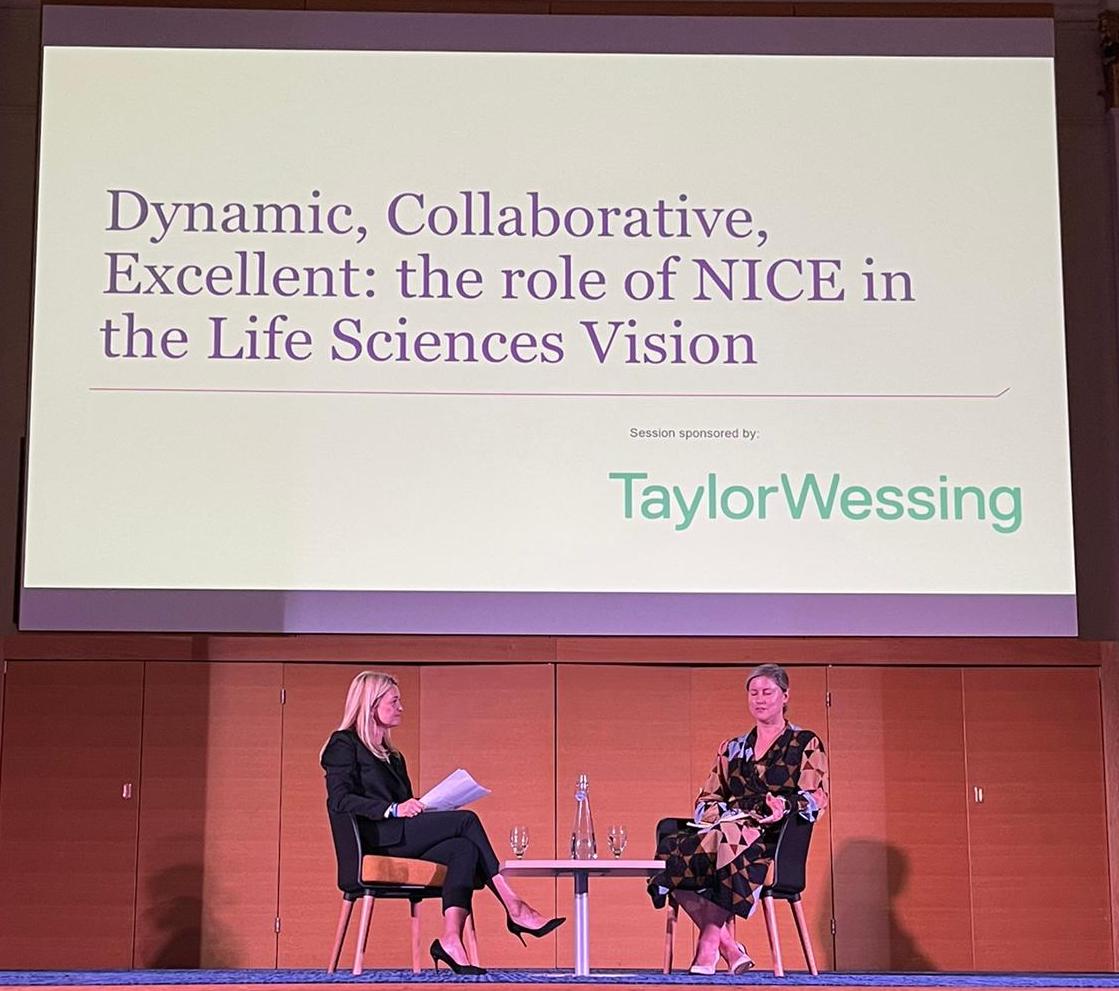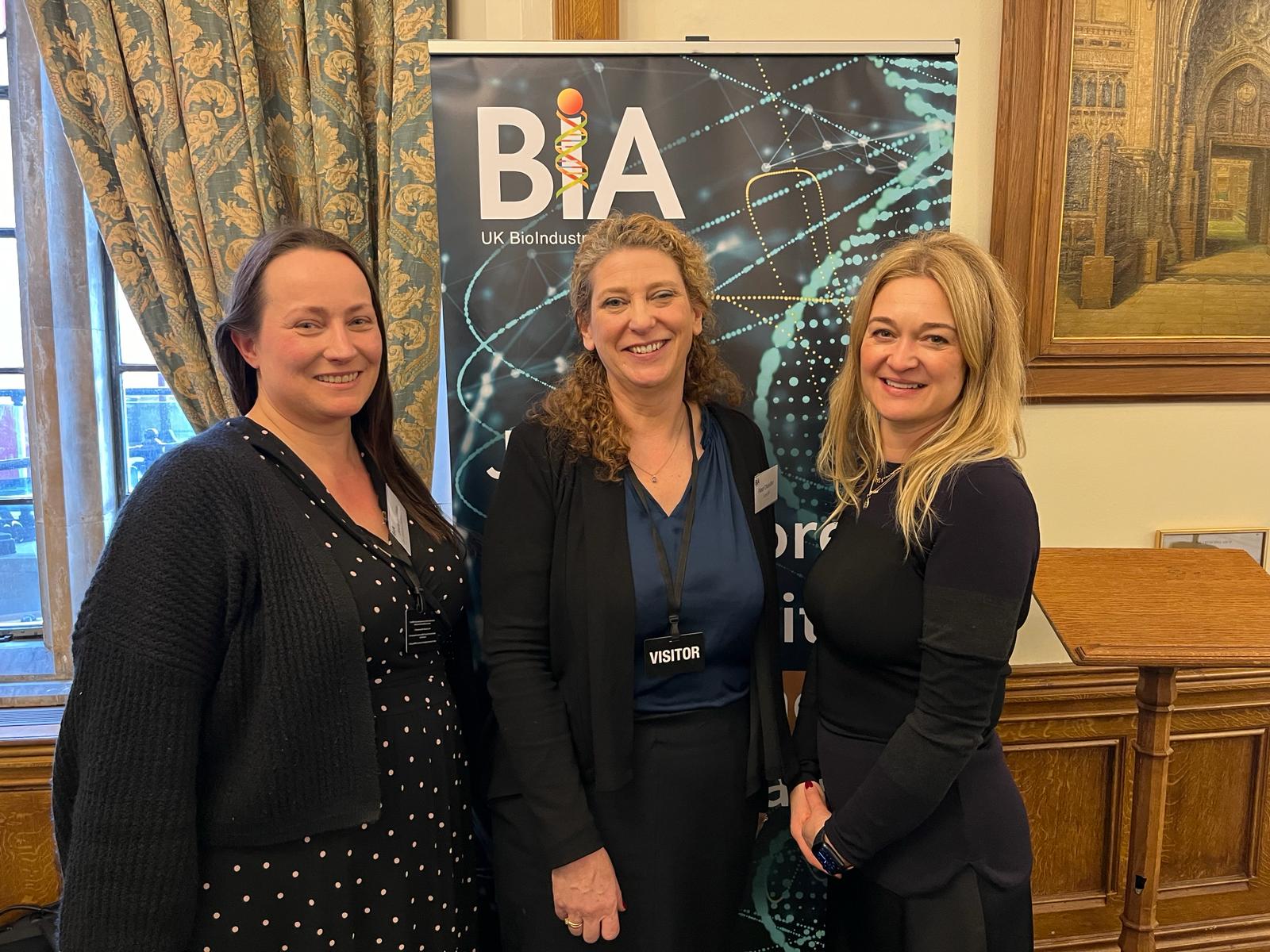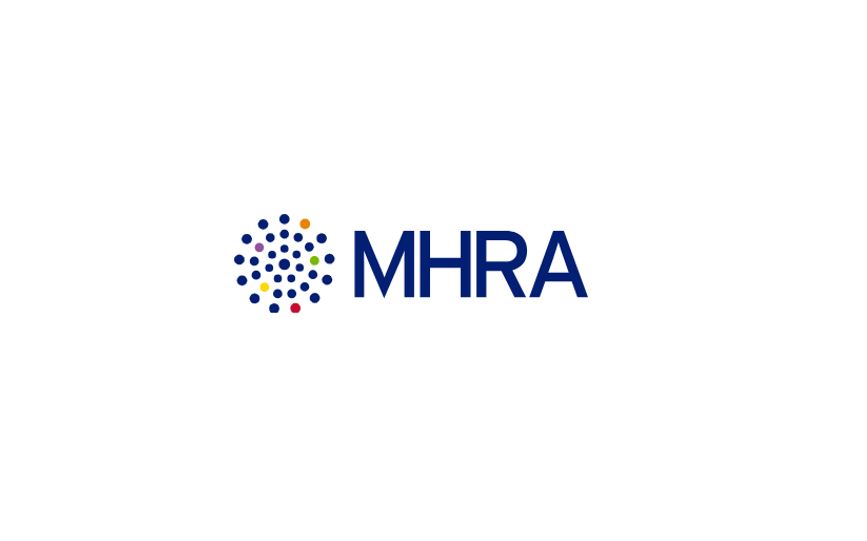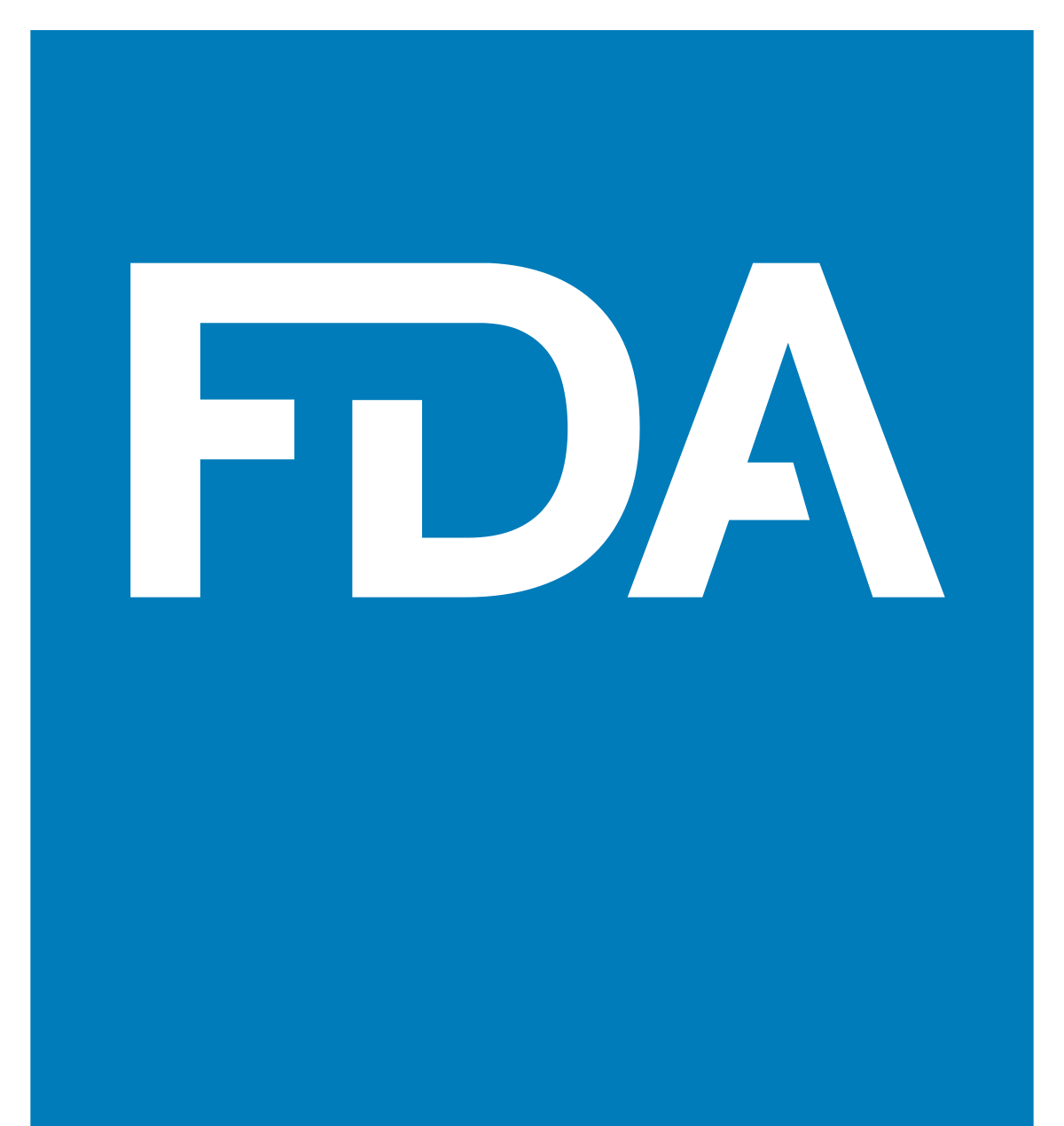Duchenne UK CEO speaks at the ABPI conference
Duchenne UK CEO Emily Reuben will be speaking at the Association for the British Pharmaceutical Industry (ABPI) conference today (30th June 2022), and sharing the stage with the new CEO of NICE (National Institute for Health and Care Excellence), Dr Sam Roberts.
Below, she shares her thoughts on the challenges of drug development for rare diseases and how Duchenne UK are breaking new ground by working to overcome them.

“The day my son was diagnosed with Duchenne muscular dystrophy was the day that the world as I knew it came to an end. Yes, the sun still rose in the sky, yes, the school run had to be done, yes, I had to go to work. But my contented life with two beautiful children, fondly planning our life of adventure with them was over – and instead I found myself falling. Falling, falling, into a deep bottomless pit of despair – and there was no one there to catch me. No one to hold me and say it’s going to be ok.
Fast forward 10 years. £17 million later. Funding gene therapy and our own clinical trials. Setting up a patient organisation that runs a network of clinical trial sites, is building new wheelchairs, and embracing all the opportunities of new technology and research. And an organisation that is there to catch people when they are falling. And today I’m honoured to be speaking at the ABPI’s Annual Conference and sharing the stage with the new CEO of NICE, Dr Sam Roberts.
I’d like to think they’ve asked me because of my insights as a parent and a carer, my experience on the ABPI’s Patient Advisory Council, or what I learned by successfully campaigning for the Early Access to Medicines Scheme or by being on the Steering Group for the Innovative Licensing and Access Pathway. But really, it’s because of a little idea called Project HERCULES.
In my 12 years in this space, I’ve experienced first-hand the huge challenges in drug development. Some are challenges of science. Others are caused by processes which – when found to be wrong – can and should be changed.
Often the challenges that exist in the system are just too big for one person, or even one organisation, to solve. So they remain unsolved. They remain problems. But they don’t have to.
Take quality of life. How do you capture the impact of a treatment on quality of life in a progressive paediatric rare disease? Enter stage right: the EQ-5D. With just seven domains, it doesn’t begin to capture the nuances of DMD. We were not alone in thinking this. But to challenge this, and indeed come up with a better solution, was just too big an ask for any one company or organisation.
And that’s why Project HERCULES is changing the game. We’re getting the pharmaceutical industry to work together in a non-competitive space to build disease-specific evidence to help build a case for Health Technology Assessments (HTA) – in partnership with HTA bodies including NICE, patients, academics and clinicians.
So, because the EQ-5D doesn’t adequately capture the lived experience of DMD, Project HERCULES worked with global experts to produce a new metric, the DMD-QoL, which can now be licensed by anyone in the world through Oxford University Innovation.
Fleur Chandler – whose idea it was to create HERCULES – has a unique position. Previously head of a global health outcomes team at GSK and now head of Market Access at Sanofi, she knew what would be required of these small companies coming to HTA for reimbursement for their DMD products. She also has a son – Dom – who has DMD. She was on the frontline of the disease and could see and feel the disconnect between what she lived in her personal life, and the evidence she saw presented in her professional life.
We’d been to a meeting at the FDA where one of the panellists said to me: don’t bring me a room full of crying mothers. So we returned home, cried, and turned those tears in action; we turned them into a currency that could be used in a meaningful way.
Fleur’s vision was to focus on disease-level evidence for HTA – to improve the quality of submissions and quality of decisions and, hopefully, achieve faster and more consistent decision-making. And we didn’t want this just to be a UK project. We needed and wanted it to have an international perspective. This is essential for rare diseases – there is just not enough data in one country – so we found partners.
We brought in Josie Godfrey to be the strategic director. She was perfectly placed to help us deliver, with her background as an ex-associate director of NICE who set up the Highly-Specialised Technologies (HST) process for rare disease drugs.
We were hugely overwhelmed and grateful firstly to our industry partners who helped us to launch Project HERCULES. They are GSK, Catabasis, Wave, Pfizer, Sarepta, Summit, Santhera, Solid Biosciences and latterly Roche.
Furthermore, we found many partners who had the expertise in DMD or HTA to support project HERCULES and ensure we were able to deliver gold standard outputs. This support is at the heart of how project HERCULES is run.
As more companies develop products, they need to be a lot more sophisticated – they don’t just need to bring the patient voice in toward the end of the process to plead for drugs and their value, but capture their knowledge, so that the information you bring does represent our experiences.
One case study illustrates this well, and is one of the catalysts for us developing Project HERCULES. On 4th August 2014, PTC Therapeutics were granted conditional marketing authorisation in Europe for Translarna – the first approved drug for DMD that treats a sub-section of the population.
It wasn’t until almost two years later – on 15th April 2016 – that NICE recommended funding Translarna.
And it took until 7th July 2016 for PTC to negotiate a Managed Access Agreement to get the drug to patients.
Labelling on the drug was for ambulant boys, but in the time it took to get the drug reimbursed, many of the boys who were eligible stopped walking and were no longer able to access it. 23 months to wait for an approved drug!
And I realised in that moment that there is something worse than having no drug for your disease. And that’s having a drug that is approved for use but sits on a shelf because no-one will pay for it.
Charities began a huge lobbying effort – but this approach places an unfair burden on patients. It’s simply not sustainable, and goes against the principles of evidence based HTA decision-making. Plus, the delays in decision making were unfair and unacceptable to patients and their families living every day with the clock ticking.
We have HTA for a very good reason. But as a country we need to educate ourselves about the fact that we do not value healthcare. Choices that are without a doubt difficult to make elsewhere, become almost impossible in the UK. And no matter how many tweaks are made to the system – we must pay more. Analysis by the ABPI last month reveals Britain spends the lowest by GDP of any of the G7 nations on medicines. For every £100 in GDP the UK spends 81p – compared to £2.35 in the US, £1.94 in Germany and £1.84 in Japan.
We have a thriving, vibrant, life sciences industry, leading on finding the innovative treatments of the future. But British patients are at the back of the queue for those drugs.
The implications on our health are huge. The same report reveals that in 2020 the UK ranked 14th out of 18 developed countries for breast cancer survival rates, and 15th for cervical cancer. For colon cancer, the UK is last.
Please just take a moment to re-read the last paragraph. How can we – a country that believes itself to be a player on the world stage – allow women to die from breast cancer and not let them access treatments?
Last month I read an interview with a father, Thomas Harding, who watched his 14-year-old son cycle down a hill and get run over and killed by an oncoming lorry. I just couldn’t get that horrifying image out of my mind. And how he recounted in heartbreaking detail how he dealt with that unfathomable tragedy. But I realised that his story has parallels with mine. Duchenne in a way is like watching that happen in slow motion. I’m trying to so hard to keep my son healthy and happy whilst knowing that he is heading towards inevitable disease progression and death. And I can’t put the brakes on.
In the article, the father talked about how he managed the grief: about how life grows up and continues around it. Like a huge boulder flung into a garden, and somehow a tree manages to plant roots and grow around it. Living with a son with DMD is like that. The grief and desperation is there, but somehow we accommodate it and life goes on. But this is not ok. Because by accommodating it, we diminish its devastating effect. To the outside world we put on a brave face when all we want to do is break down. So that’s why we need a compassionate, consistent and world-class approach to measuring the effect of this disease – not the mask that DMD patients and their parents put on to cope. It’s why we need to collaborate to gather this evidence, and why we need to value healthcare – so that patients who so desperately need treatments can access them.
Oh, and I’ve just cycled 300km from London to Paris to raise money – if you can please do sponsor me“
Find out more about Project HERCULES and our work to accelerate patient access to DMD treatments

 Read More
Read More






